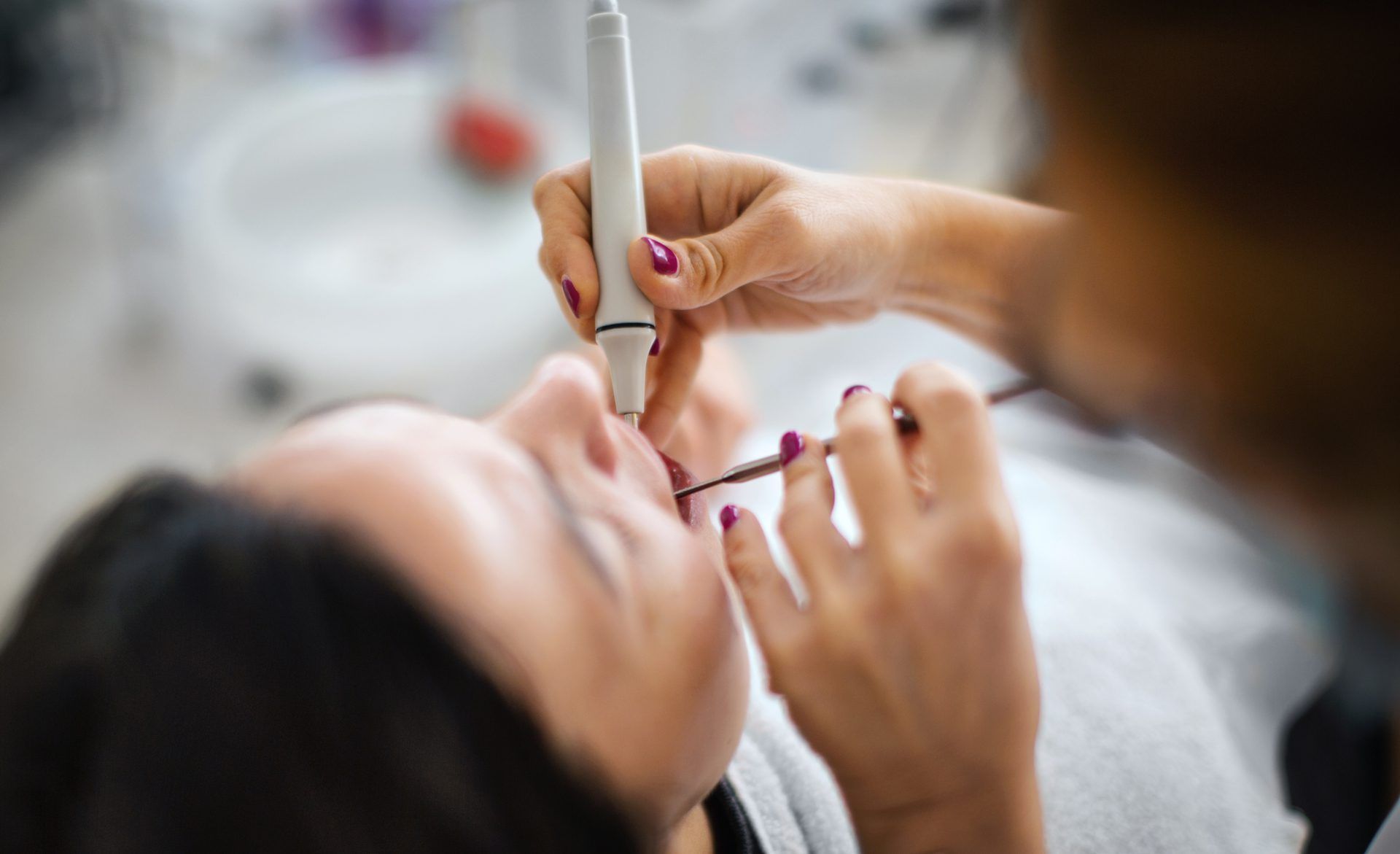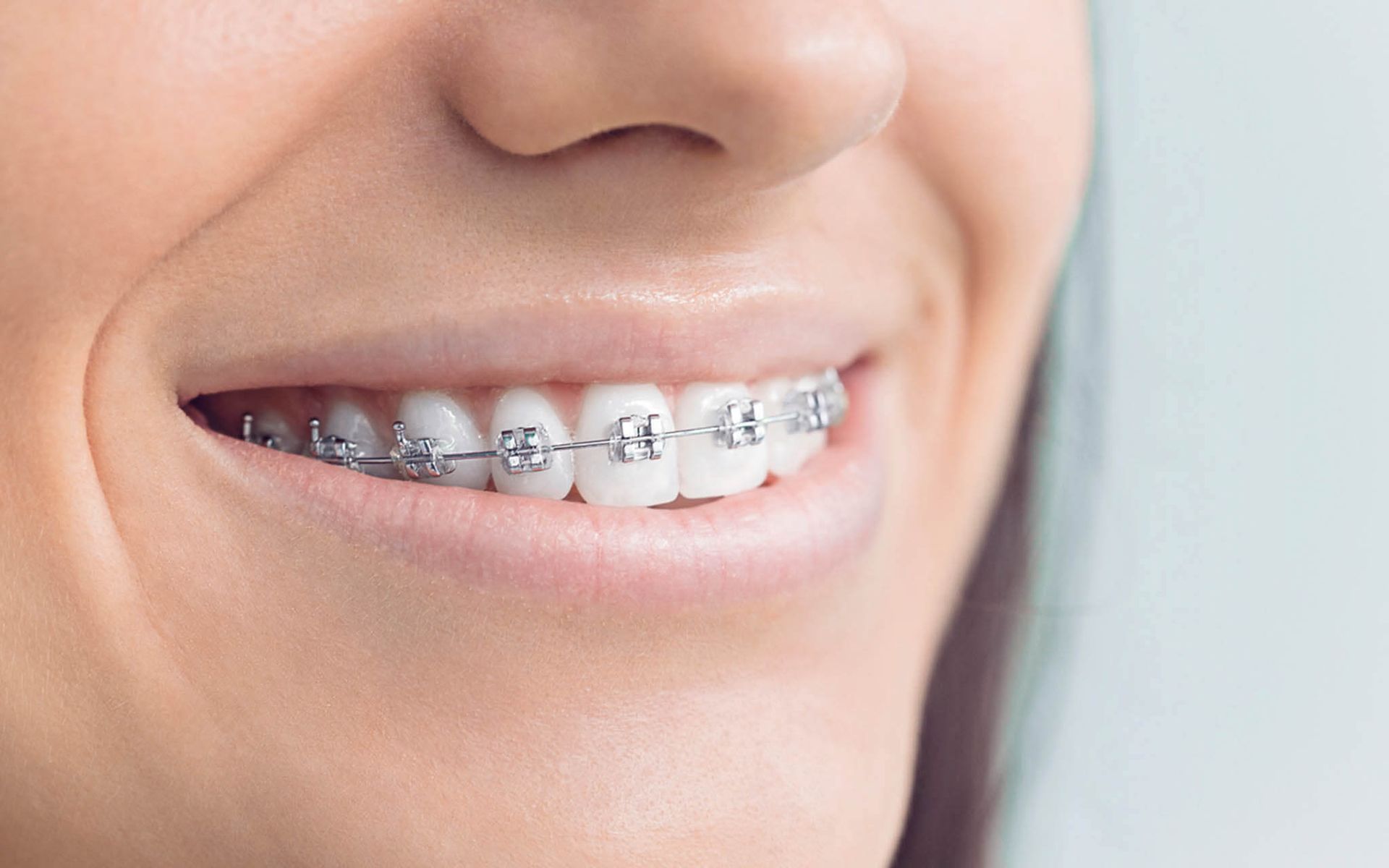What You Need To Know About Tooth Extraction
Sometimes tooth extraction is necessary to reduce pain, create space in the mouth, and reduce the chances of infection. Tooth extraction can be disconcerting, but if it’s the right course of action, it can lead to a higher quality of life. Here is what you can expect from a tooth extraction.
Read more for some further information on tooth extraction.
What is Tooth Extraction
Tooth extraction is a dental procedure in which a problem tooth is removed from its socket. Tooth extraction is needed to straighten teeth by creating more space in the mouth, removing a decayed or infected tooth, or extracting a wisdom tooth that has emerged and become painful. Tooth extraction typically involves numbing the gum area to reduce pain in the process and pulling the tooth using dental pliers. Once the tooth has been removed, the site is treated with cotton buds and aftercare that reduces the chances of infection. It takes two days to heal.
When is it Necessary?
If you have some dental discomfort or you want to wear a brace and improve the alignment of your teeth, you might need to have a tooth extracted. However, before you make a decision, it’s best to consult with your dental professional to ensure that tooth extraction is the best course. While some tooth extraction processes are options, many are not. If your tooth is infected or the gum is swollen due to a wisdom tooth, the tooth will have to be extracted to remove any pain and swelling. If you have dental pain, you might need tooth removal, but it’s not always needed.
When is it Recommended?
In general, dental professionals like to retain natural teeth where possible and avoid extraction, but that is not always possible. When you have severe tooth decay, fractured teeth, or a crowded mouth, your dental professional might recommend tooth extraction as the best option. If you have pain in your mouth or gums, you might automatically think you need to have a tooth removed, but that is not always the case. The dentist might recommend that you have dental fillings instead or change your dental health care routine. This helps to save your natural teeth.
What to Expect
Having a tooth extracted might require more than one visit to your dentist. There might be some initial appointments needed for consultation and X-rays to check that tooth extraction is the best course of action. Later you will have to return for the procedure and some aftercare advice. During the procedure, the dentist introduces a numbing agent or some nitrous oxide to reduce any pain during the extraction. Expect to feel some movement and hear some crunching as the tooth is taken out. There should be minimal pain until later when the agent starts to wear off.
Aftercare for Extraction
Caring for the extraction site after the procedure is necessary to prevent infection and speed up the healing process. A dentist will recommend that you clean your mouth two or three times a day with mouthwash and avoid hard and crunchy foods that can open up the blood clots again.
Get In Touch
At
Acorn Dental Health we offer a wide range of dental treatments. To book an appointment at our Southampton clinic, contact our team today by calling 01489 782 166 or emailing
acorndentalhealth@btconnect.com.










